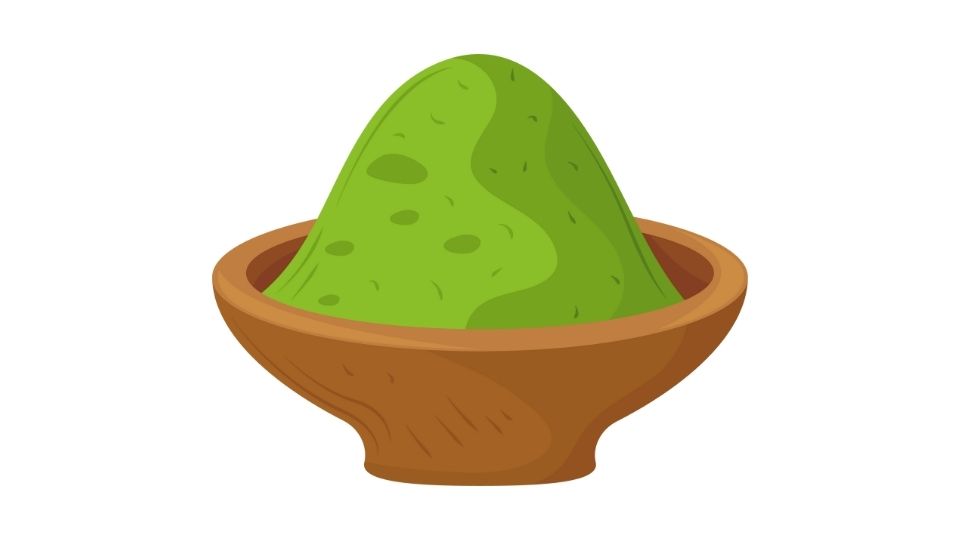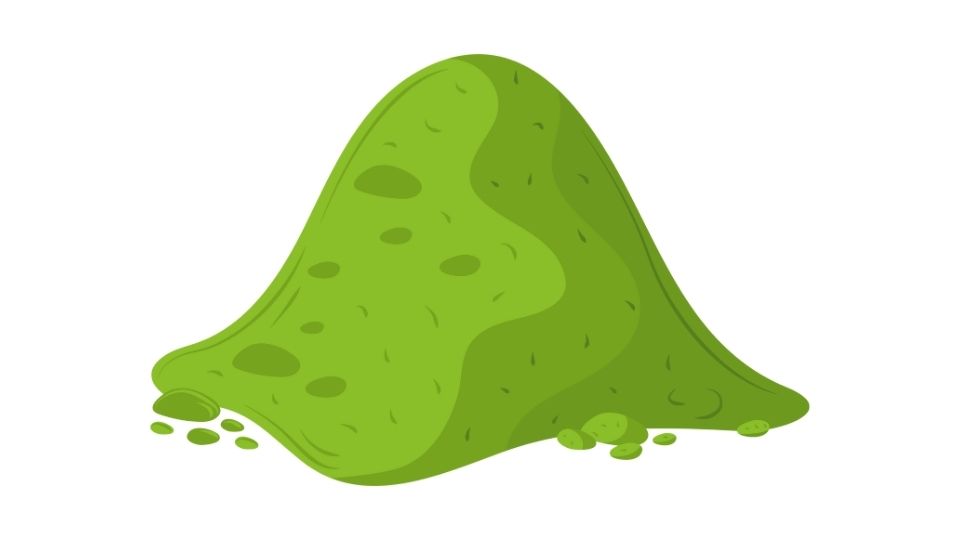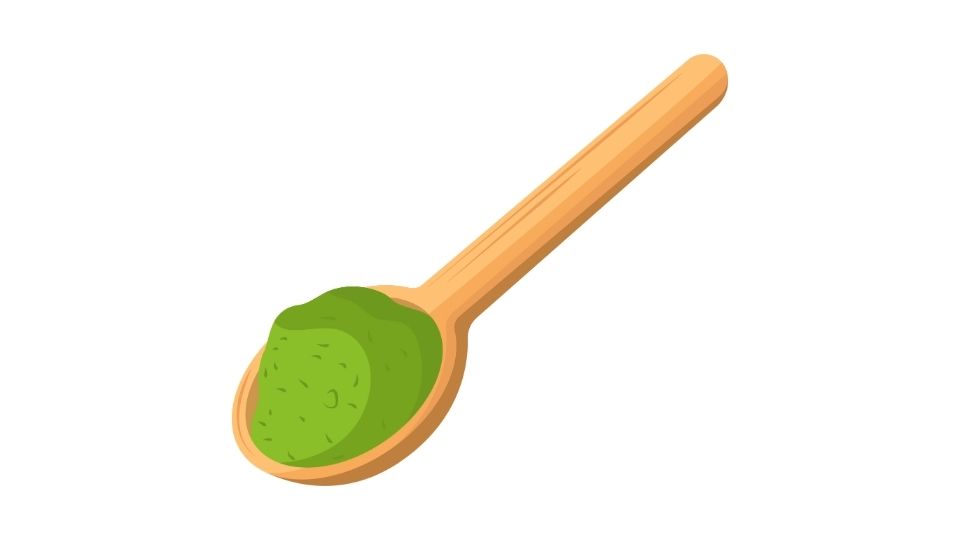Is Protein Powder Made from Plants? What You Need to Know

Plant-based protein powder is absolutely a thing, and it’s becoming more popular than ever across all kinds of dietary lifestyles – not just for vegans and vegetarians.
If you’ve been curious about plant protein but worried it won’t stack up against whey, I’ve got good news for you. Let’s dive into everything you need to know about plant-based protein powders, their benefits, and how to choose the right one for your needs.
The Complete Guide to Plant-Based Protein Powders
You might be wondering if plant proteins can really deliver the same muscle-building results as animal proteins. The short answer? Yes, they can – but there are some important differences to understand.
What exactly is plant-based protein powder?

Plant-based protein powders are exactly what they sound like – protein supplements made from plant sources instead of animal products like whey or casein.
The most common sources include:
- Pea protein (my personal favorite)
- Soy protein
- Brown rice protein
- Hemp protein
- Pumpkin seed protein
- Sunflower seed protein
While animal-based proteins like whey have dominated the market for decades, plant proteins have come a long way in taste, texture, and nutritional profile.
One key difference? Most plant proteins (except soy) aren’t “complete” on their own – meaning they don’t contain all nine essential amino acids your body needs. But don’t worry – this is easily solved by blending different plant sources together or eating a varied diet throughout the day.
Benefits of choosing plant protein

There are some serious advantages to going green with your protein powder:
Higher in fiber – Plant proteins naturally contain more fiber than animal proteins, which means better digestion and feeling fuller longer. Your gut microbiome will thank you!
More nutrients – Many plant proteins come packed with vitamins, minerals, and antioxidants that you won’t find in whey. For example, hemp protein delivers omega-3 fatty acids, while pumpkin seed protein provides iron, magnesium, and zinc.
Easier on digestion – About 65% of people have some trouble digesting lactose after infancy. If dairy gives you bloating, gas, or discomfort, plant proteins could be your new best friend. According to research published in the Journal of the International Society of Sports Nutrition, plant proteins can be significantly easier on the digestive system.
Better for the planet – The environmental footprint of plant proteins is dramatically smaller than animal proteins. A study from the University of Oxford found that producing animal protein can use up to 17 times more land and generate nearly 20 times more greenhouse gas emissions than plant proteins.
Lower in calories – If you’re watching your weight, plant proteins typically contain fewer calories per serving than whey or other animal proteins.
Types of plant protein (and which to choose)
Not all plant proteins are created equal. Here’s a breakdown of the most popular types:
Pea Protein
The all-around winner for most people. Pea protein is nearly a complete protein with an excellent amino acid profile, including good amounts of all essential amino acids except methionine.
It’s:
- Hypoallergenic (rarely causes allergies)
- Easy to digest
- High in iron
- Creamy in texture
- Relatively neutral in taste
Perfect for: Almost everyone, especially those new to plant proteins or with sensitive stomachs.
Soy Protein
The OG plant protein and the only plant source that’s naturally complete with all essential amino acids. Soy protein isolate has been around for decades and has the most research behind it.
It’s:
- A complete protein
- Comparable to whey for muscle building
- Inexpensive
- Smooth in shakes
But some people avoid soy due to concerns about GMOs, allergies, or its phytoestrogen content (though research suggests these concerns are largely overblown).
Perfect for: Budget-conscious consumers who don’t have soy allergies.
Hemp Protein
The nutrition powerhouse among plant proteins. While lower in protein content by weight (usually 30-50% protein compared to 80%+ for isolates), hemp makes up for it with nutrients.
It’s rich in:
- Omega-3 and omega-6 fatty acids
- Fiber
- Iron, zinc, magnesium, and calcium
- All essential amino acids (though low in lysine)
The downside? Hemp has a strong earthy taste and grittier texture that not everyone loves.
Perfect for: Those valuing overall nutrition over just protein content.
Rice Protein
Gentle and hypoallergenic, rice protein is great for people with multiple food sensitivities. It’s also one of the least likely proteins to cause digestive issues.
Rice protein is:
- Very easy to digest
- Rarely allergenic
- Smooth in texture
- Mild in flavor
The catch is that it’s low in lysine, so it works best when combined with other proteins like pea.
Perfect for: People with multiple food allergies or very sensitive digestion.
How do plant proteins compare to whey?

The big question – can plant proteins really build muscle like whey?
According to a 2019 study published in Sports Medicine, the answer is yes. When protein intake is matched, plant-based proteins can be just as effective for muscle building, especially when consumed as blends that provide all essential amino acids.
The main differences:
Amino acid profile – Whey has a higher leucine content (the key amino acid for muscle building), but plant protein blends can match this.
Digestion rate – Whey digests faster than most plant proteins, which could be better for post-workout recovery, but slower digestion might be better for satiety.
Taste and texture – Whey still has the edge here for many people, but plant proteins have improved dramatically.
Extras – Plant proteins come with fiber and nutrients not found in whey.
How to choose the right plant protein
Here’s my checklist for finding a good plant protein:
Look for blends – Products that combine multiple plant sources (like pea + rice) ensure you get all essential amino acids.
Check the protein content – A good product should provide at least 20g of protein per serving.
Watch the additives – Some products contain a ton of sugar, artificial sweeteners, or fillers. Look for short ingredient lists with recognizable foods.
Consider what else you need – If you want a meal replacement, choose one with added nutrients. If you’re just after protein, a simpler formula works fine.
Taste matters – Even the healthiest protein powder is useless if you can’t stand to drink it!
The bottom line on plant protein

Plant-based protein powders are no longer just a compromise for those avoiding animal products. They’re legitimate nutritional powerhouses that can:
- Build muscle effectively
- Support recovery
- Provide more fiber
- Deliver extra nutrients
- Be easier on digestion
- Reduce environmental impact
Whether you’re vegan, lactose intolerant, or just looking to add more plant foods to your diet, today’s plant protein options are better than ever. And according to research from the Journal of Nutrition, incorporating more plant proteins into your diet may help reduce risk factors for heart disease and other chronic conditions.
Plant protein isn’t just as good as animal protein in many ways – in some aspects, it might be even better!

